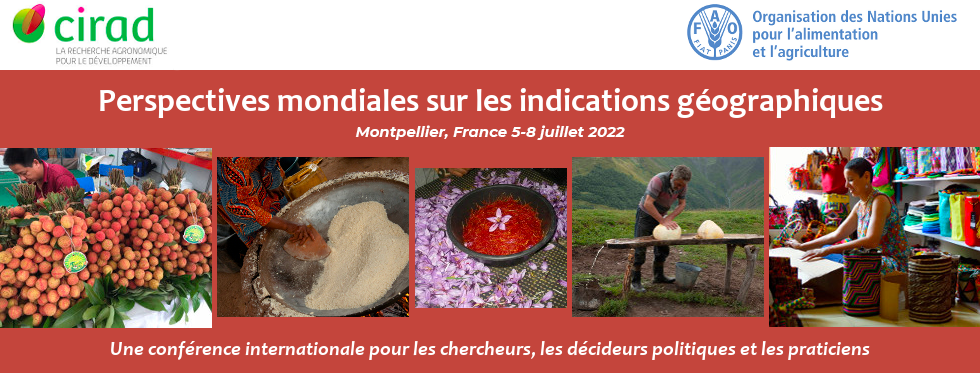Brazil is the largest commodity Coffee exporter in the world. In this business segment the coffee that has identification of the origin obtains a superior quotation in the external market, since the price practiced internationally follows better evaluation of its quality. Located in the south of the state of Minas Gerais, Brazil, the Mantiqueira de Minas region has a centuries-old tradition in the production of quality coffee, being one of the most awarded regions in quality competitions in Brazil. Choosing the distinctive sign related to the origin that best represents the collectivity as well as the best way to guarantee its protection, it was a great challenge. That's because Brazil has Indication of Provenance (IP), Denomination of Origin (DO), Individuals Mark, Collective Mark and Certification Mark. So, which distinctive sign best suits them? This paper aims to analyze how the distinctive signs related to the origin available in Brazil was being used by regional producers from Mantiqueira de Minas. It was noted that the local producers over the last two decades applied for all the distinctive signs types available in Brazil. They started with individual trademark application in 2006 for coffee. In 2007, they applied for a coffee certification mark and applied for an IP. In 2013, they applied for a collective mark. By 2015 they have abandoned all the trademarks applications. In 2016 they applied for a DO. However, at that time I was impossible to request a registration amendment, from IP to DO, in Brazil. It is because although the GIs are ruled by Law No. 9279/1996, the amendment to the registration was allowed only after the Normative Instruction No. 95/2018 (IN No. 95/2018) of the National Institute of Industrial Property (INPI). In this specific case, INPI decided to take advantage of the DO registration request and transform it into a registration change request. In a scenario where competitiveness is increasingly fierce, nothing could be more natural than GIs be able to adapt to changes in original conditions, what was learned from past failings or even to suit the development or new market strategies. In 2020, Mantiqueira de Minas was the first brazilian GI case of registration amendment. They used all the 4 amendments prescribed in IN No. 95/2018: changed the geographical name from “Região da Mantiqueira de Minas Gerais” to “Mantiqueira de Minas”; increased the delimited area by adding 3 surrounding cities; changed the technical specification adding a production phase; and changed the GI specie, from an IP to a DO. Ultimately, the local producers decided to be identified only by DO, the most valuable origin sign in the quality coffee market aware of the demanding consumers, especially the international one. Due to its pioneerism of being the first GI record change in the country, the case study of "Mantiqueira de Minas" can be useful to the others collectives interested in changing their GI indication registration.

Actes de la Conférence > Contributions par auteur > Vieira Adriana
From Região da Mantiqueira de Minas Gerais IP to Mantiqueira de Minas DO: a case study of a change in a type of Brazilian geographical indication
1 : National Institute of Industrial Property
2 : Universidade do Extremo Sul de Santa Catarina
(UNESC)
Av. Universitária, 1105 - Bairro Universitário, 88806-000 Criciúma -
Brésil
3 : Federal University of Rio Grande do Sul


